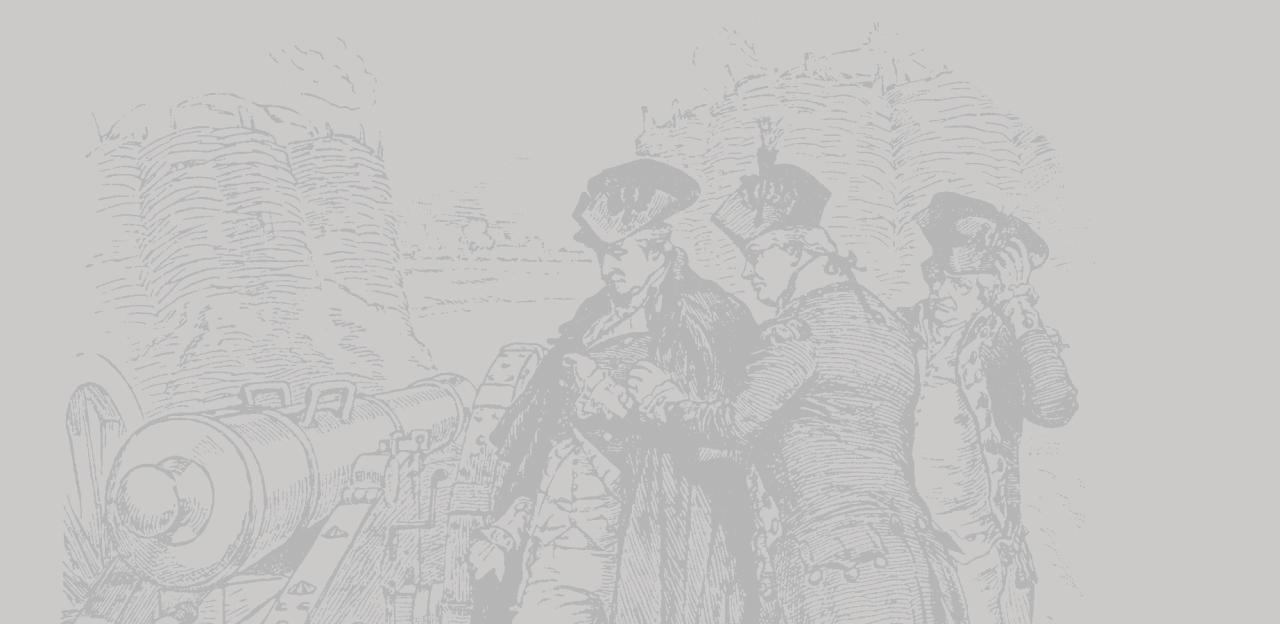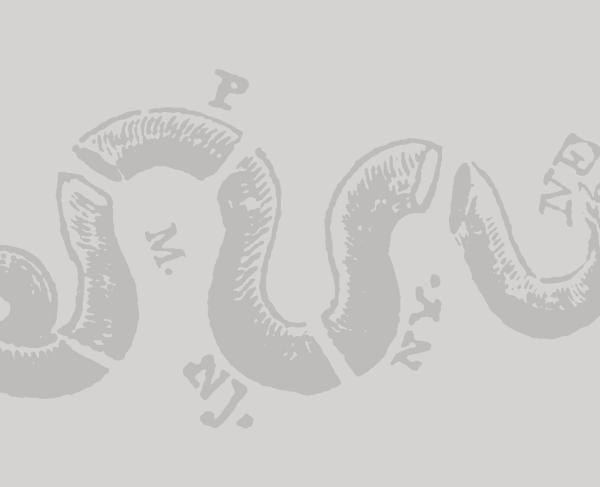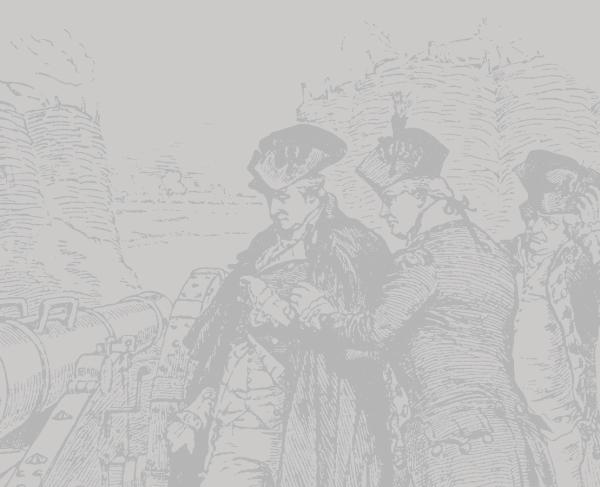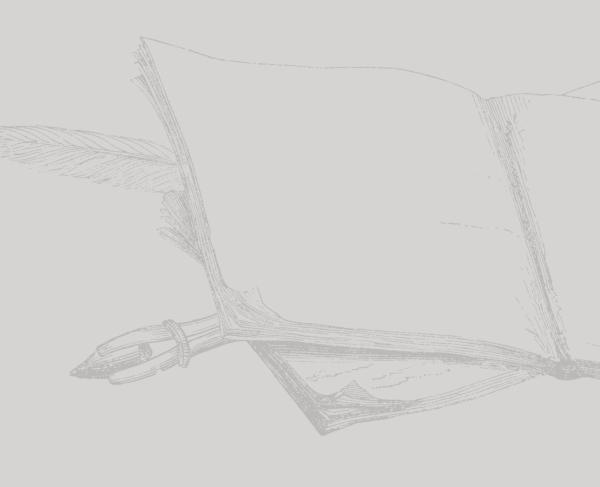George Washington Reports on the Status of the War to Congress

Washington provided an update to Congress about the status of military action against the British.
...Four thousand men under the command of Lord Cornwallis...were foraging in the neighboring country.... No discrimination marked his proceedings--all property, whether Friends or Foes, that came in their way was seized and carried off....
I learn from Mr Griffin, who has just come from Boston that this gentleman [General Burgoyne] either holds, or professes to hold, very different ideas of our power from what he formerly entertained; that, without reserve, he has said it would be next to impossible for Britain to succeed in her views, and that he should with freedom declare his sentiments accordingly on his arrival in England; and that he seemed to think the recognition of our independence by the King and Parliament an eligible measure, under a treaty of commerce upon a large and extensive scale. How far these professions are founded in sincerity, it is not easy to determine; but if they are, what a mighty change!...
Congress seem to have taken for granted a fact, that is really not so. All the forage for the army has been constantly drawn from Bucks and Philadelphia counties, and those parts most contiguous to the city; insomuch that it was nearly exhausted, and entirely so in the country below our camps. From these, too, were obtained all the supplies of flour, that circumstances would admit of. The millers in most instances were unwilling to grind, either from their disaffection or from motives of fear. This made the supplies less than they otherwise might have been, and the quantity, which was drawn from thence was little, besides what the guards, placed at the mills, compelled them to manufacture. As to stock, I do not know that much was had from thence, nor do I know that any considerable supply could have been had.
I confess I have felt myself greatly embarrassed with respect to a vigorous exercise of military power. An ill-placed humanity, perhaps, and a reluctance to give distress, may have restrained me too far; but these were not all. I have been well aware of the prevalent jealousy of military power, and that this has been considered as an evil, much to be apprehended, even by the best and most sensible among us. Under this idea, I have been cautious and wished to avoid as much as possible any act that might increase it. However, Congress may be assured, that no exertions of mine, as far as circumstances will admit, shall be wanting to provide our own troops with supplies on the one hand, and to prevent the enemy from getting them on the other.... I should be happy, if the civil authority in the several states, through the recommendations of Congress, or their own mere will, seeing the necessity of supporting the army, would always adopt the most spirited measures, suited to the end. The people at large are governed much by custom. To acts of legislation or civil authority they have ever been taught to yield a willing obedience, without reasoning about their propriety; on those of military power, whether immediate or derived originally form another source, they have ever looked with a jealous and suspicious eye.


